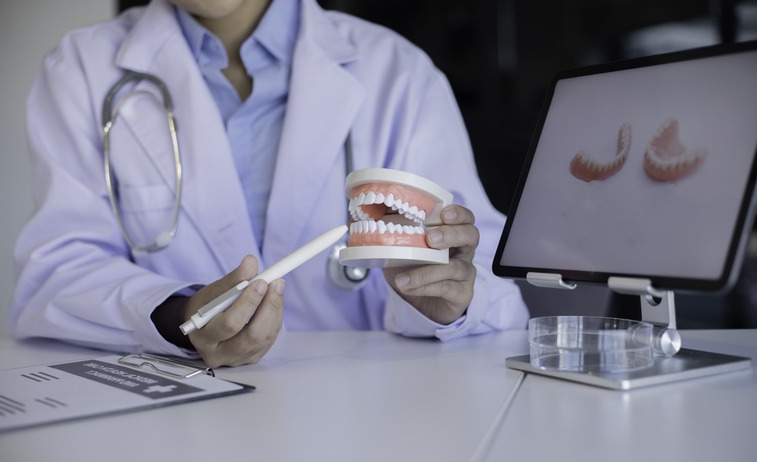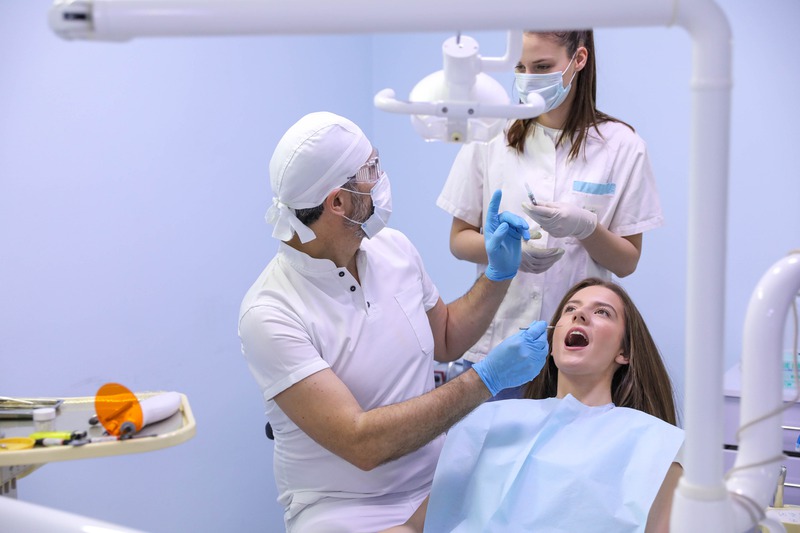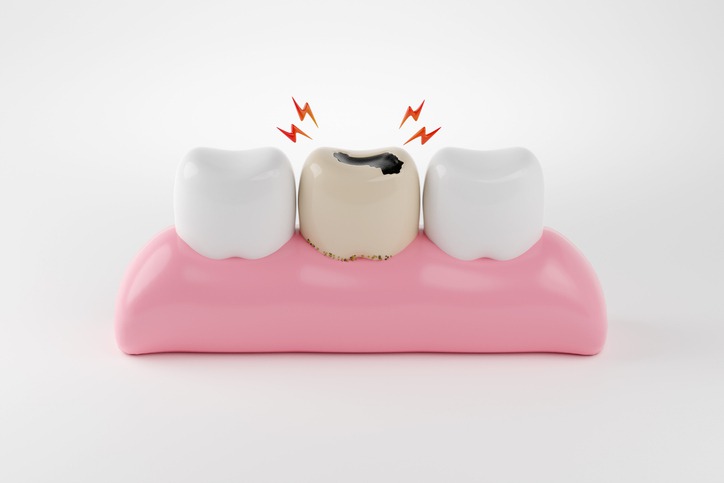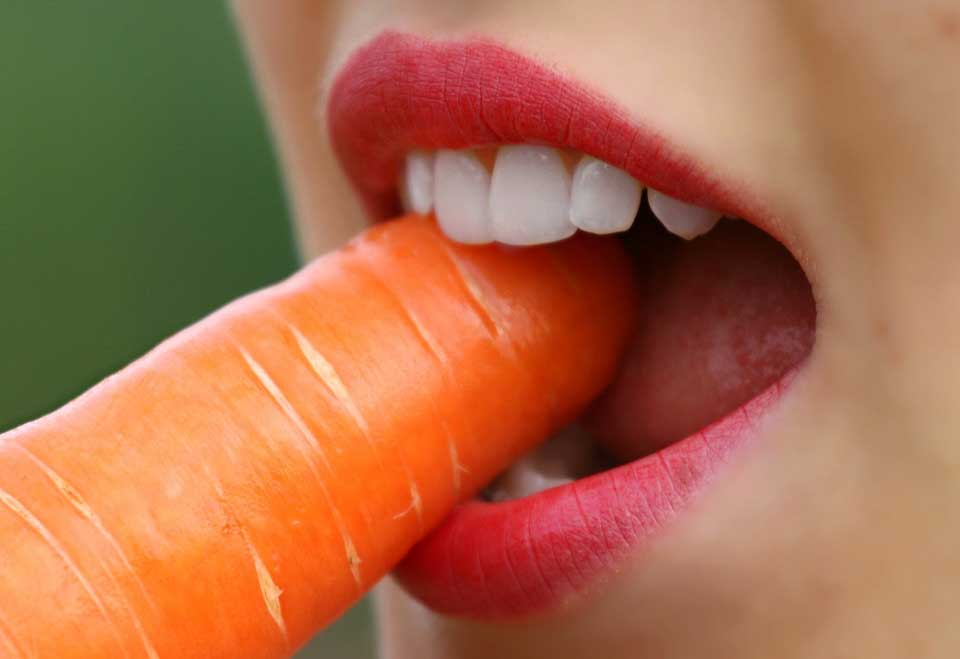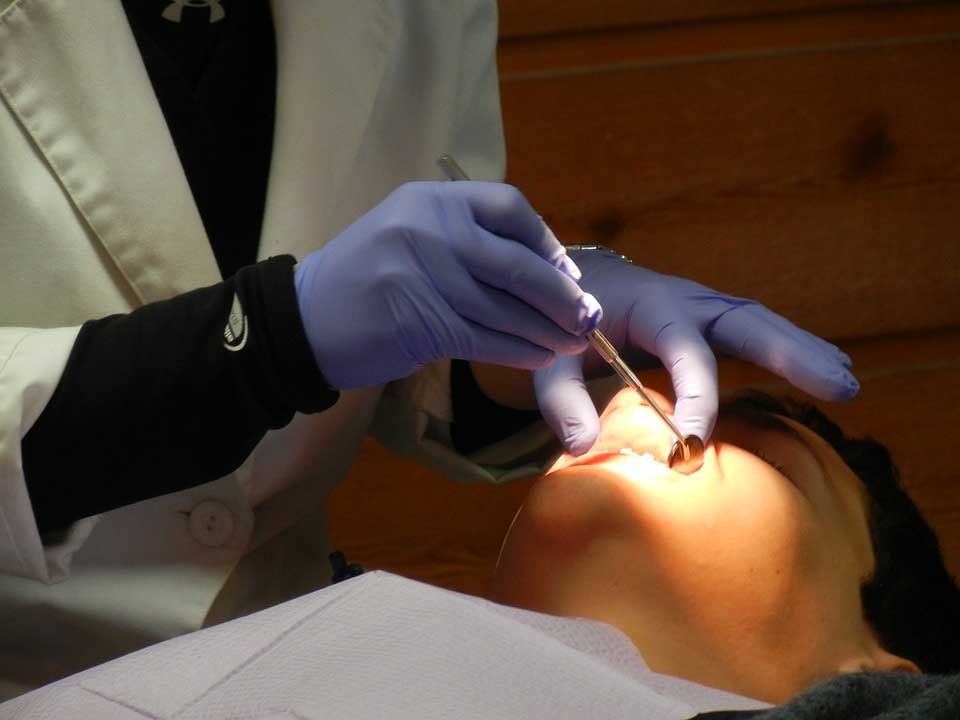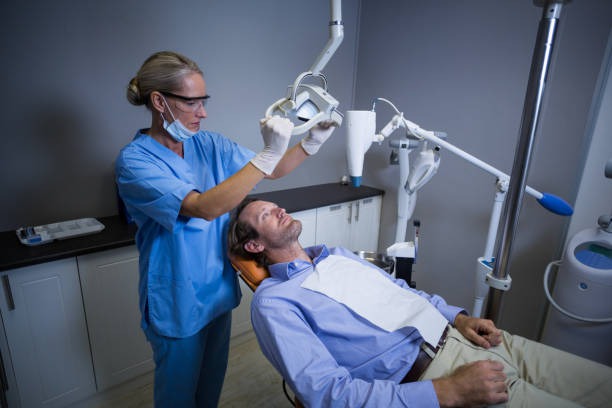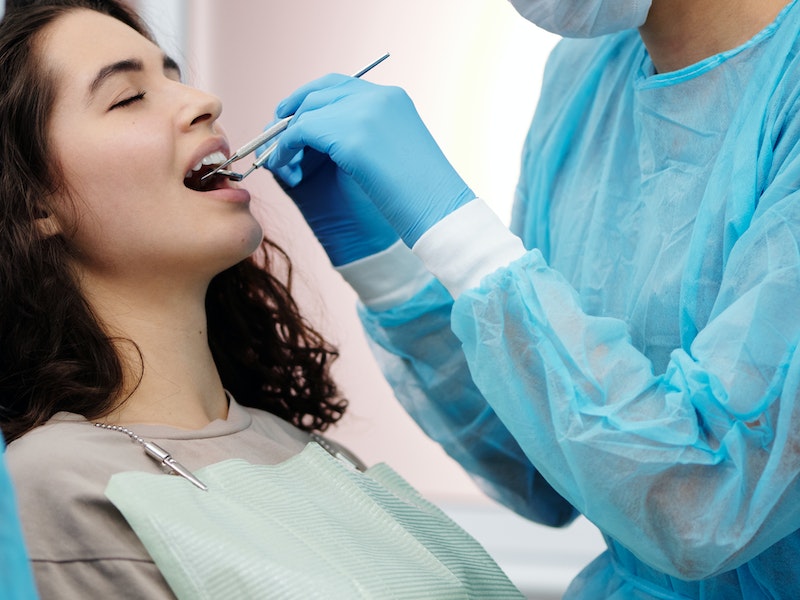
Who Needs Tooth Extractions and Why?
While keeping our natural teeth for a lifetime is an ideal scenario, there are certain circumstances where tooth extractions become a necessary procedure. This can range from severe decay and infection to making room for other teeth or medical treatments. Understanding who needs tooth extractions and why is crucial for maintaining oral health and preventing complications.
You might need a tooth extraction for several reasons, including:
1. Severe Tooth Decay or Infection
Severe tooth decay or infection may lead to situations where the affected tooth cannot be salvaged using traditional treatments, such as fillings or root canal therapy. In these cases, tooth extraction becomes a necessary procedure to prevent the spread of the infection to surrounding tissues or other parts of the body. Removing the compromised tooth helps to alleviate pain and protect overall oral health by eliminating the source of infection.
2. Periodontal (Gum) Disease
Advanced periodontal disease can severely affect the gums and the supporting structures of the teeth, leading to loosened teeth as the tissue and bone deteriorate. In instances where a tooth is significantly loosened, extraction might be necessary. This preventive measure helps avoid further oral health complications, such as infection spread or damage to adjacent teeth, by removing the compromised tooth.
3. Impacted Teeth
These are common occurrences, particularly regarding wisdom teeth removal. This issue arises when these teeth do not erupt properly and become trapped (impacted) in your jaw. Such a condition can lead to many problems, including pain, infection, and disruptions in the alignment of your other teeth.
4. Orthodontic Treatment
If you’re getting orthodontic treatment, you might need teeth extracted to create space so your other teeth can move into their correct positions, especially if you have severe overcrowding.
5. Fractured Teeth
If your tooth is broken or fractured, particularly below the gum line, it might be too damaged to fix and thus would require extraction.
6. Preparation for Another Dental Procedure
Sometimes, teeth are removed as preparation for other dental procedures, like fitting you for dentures, bridges, or dental implants.
7. Medical Conditions and Treatments
If you’re undergoing chemotherapy, are about to have an organ transplant, or have a compromised immune system, you might need compromised teeth removed to keep your overall health in check.
Given these various reasons for tooth extractions, the decision to remove a tooth is made after carefully evaluating the condition of the tooth and your overall oral health. Modern dental practices aim to save natural teeth whenever possible, resorting to extraction as a final option when other treatments are impractical or have failed.
What to Expect During and After Tooth Extractions
Tooth extractions can seem daunting, but they are a standard and safe procedure when performed by a qualified dentist. Understanding what the process entails can help ease any apprehensions.
1. Before the Extraction
Before the extraction, your dentist will take a detailed medical history and perform an X-ray to understand the tooth’s position and condition. You’ll be informed about the procedure, anesthesia options, and precautions.
2. The Extraction Process
The area around the tooth will be numbed during the extraction to minimize discomfort. The extraction could be simple or surgical, depending on the case’s complexity. Simple extractions involve lifting and removing the tooth with dental tools, whereas surgical extractions involve making an incision into the gum.
For those particularly anxious about dental procedures, seeking providers who offer gentle tooth extractions can make the experience less stressful. This approach emphasizes patient comfort and the use of techniques that reduce anxiety and pain.
3. Aftercare and Recovery
Post-extraction, your dentist will provide specific instructions for care during the recovery period. These typically include:
-
Maintaining the clot over the extraction site to prevent dry socket
-
Avoiding certain foods and beverages that could disrupt the healing process
-
Effective pain management strategies and when to seek further care
Recovery times vary from person to person, but many start to feel better after a few days. However, following your dentist’s advice and attending follow-up appointments is vital to ensure proper healing.
Maintaining Oral Health After Extraction
While tooth extraction can be necessary for various reasons, maintaining the health of your remaining teeth is vital. This includes regular dental check-ups, proper brushing and flossing practices, and being mindful of your diet. Preventing future extractions starts with daily oral care and addressing any dental concerns early.
Prevention Is Key
-
Regular dental check-ups for early detection of potential issues
-
Good oral hygiene practices to prevent decay and gum disease
-
A balanced diet that supports dental health
Final Thoughts
Tooth extractions, deemed necessary in certain situations, can be circumvented through diligent oral hygiene and preventive measures. By comprehending the underlying causes that necessitate extractions and implementing appropriate aftercare procedures, individuals can significantly enhance their chances of preserving oral health for the long term. Awareness and adherence to dental care practices form the foundation for avoiding such procedures, ensuring a healthier mouth environment, and promoting overall well-being.




